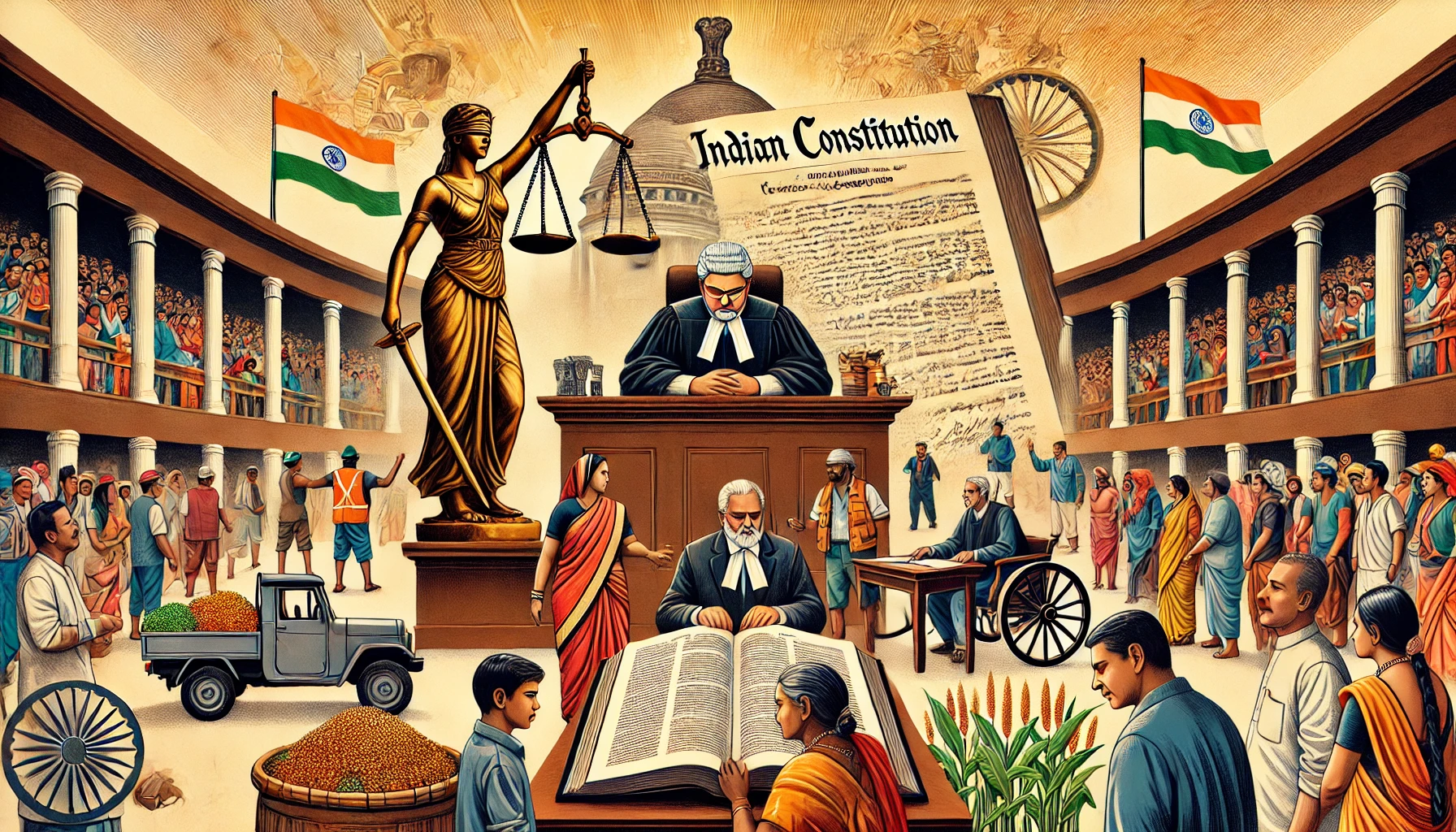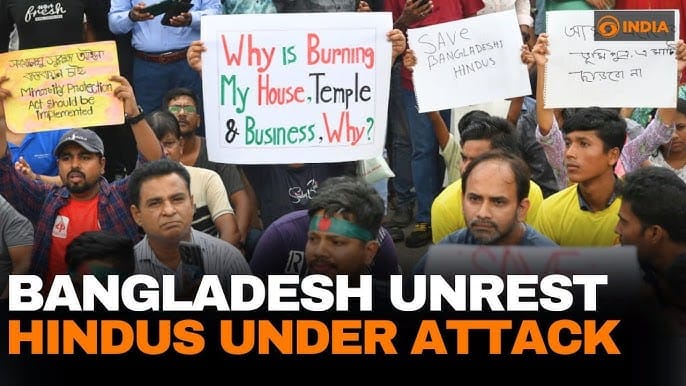
Public Interest Litigation is one of the powerful judicial tools that allow people or groups to approach courts for redressal of grievances on behalf of the public. This usually involves those who are not financially strong enough to come to courts on their own
Understanding When to File a Public Interest Litigation (PIL) in India
Public Interest Litigation is one of the powerful judicial tools that allow people or groups to approach courts for redressal of grievances on behalf of the public. This usually involves those who are not financially strong enough to come to courts on their own. PILs have been used in India since the late 20th century and have significantly been used in social, environmental, and human rights issues. However, there is a need to know when filing a PIL is proper and when it is improper to ensure that the mechanism does not go wrong.
When to File a PIL
For any queries or to publish an article or post or advertisement on our platform, do call at +91 6377460764 or email us at contact@legalmaestros.com.
- Violation of Fundamental Rights : If there is a serious infringement of fundamental rights, it affects a huge number of people who cannot reach the court. For example, cases of bonded laborers, the inhuman condition faced by prisoners, or a specific marginalized community being denied their rights come under the scope of PIL.
- Environmental Protection: PILs have played an important role in environmental protection. Matters involving industrial pollution spreading over the whole community, forests cut down on account of imbalance in ecology, and illegal mining can be challenged to enforce environmental protection laws and rules.
- Public Health and Safety Matters dealing with public health and safety, such as selling adulterated food products or the nonavailability of medicare facilities in the villages or the spread of epidemics due to any administrative negligence, can be addressed through PILs.
- Government Policy and Accountability: When government actions or policies are arbitrary, discriminatory, or not in public interest, PILs can be filed to seek judicial review. For example, challenging the allocation of public resources without transparency or fairness.
When Not to File a PIL
- Personal Grievances: PILs are not an avenue for personal disputes or vendettas. If the case only involves the petitioner and has no wider public consequences, it should be taken through usual court procedures.
- Political Motives: PILs are misused when they serve as a means to further political interests or even to unfairly target political rivals. The courts have sounded a warning about accepting PILs that have a political flavor or those are filed with an ulterior motive.
- Frivolous or Vexatious Petitions: Filing PILs without a substantial cause is an abuse of the process to obtain publicity or to harass individuals or institutions. The same burdens the judiciary and shifts focus away from serious public interest matters.
- Commercial Interests: PILs should not be used to further business or commercial interests. For example, a business competitor filing a PIL to challenge the operations of a rival under the guise of public interest is inappropriate.
Judiciary Guidelines
The Supreme Court of India has established guidelines for the proper use of PILs. In State of Uttaranchal v. Balwant Singh Chaufal (2010), the Court stressed that the courts should be satisfied with the credentials of the petitioner, the correctness of the content, and the substantial public interest involved before entertaining a PIL. The Court cautioned against the misuse of PILs for personal or extraneous reasons.
Conclusion
Public Interest Litigation is one of the most important tools in the Indian judicial system that is aimed at protecting the rights of the public and delivering justice to all. However, this must be approached with sincerity and responsibility. PILs should only be filed if there is an actual issue at hand that impacts the public in general and not for personal gratification or settling scores. By adhering to these principles, citizens can ensure that PILs remain an effective tool for social change and justice.






